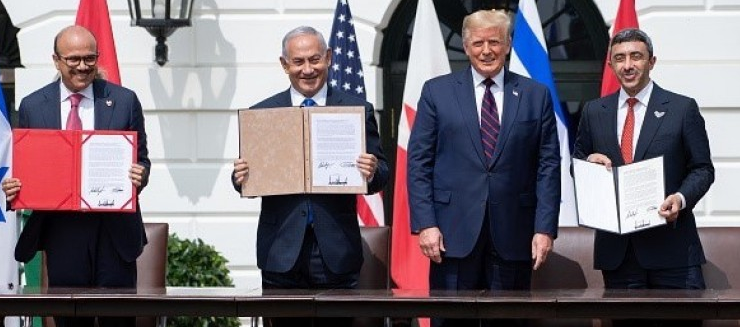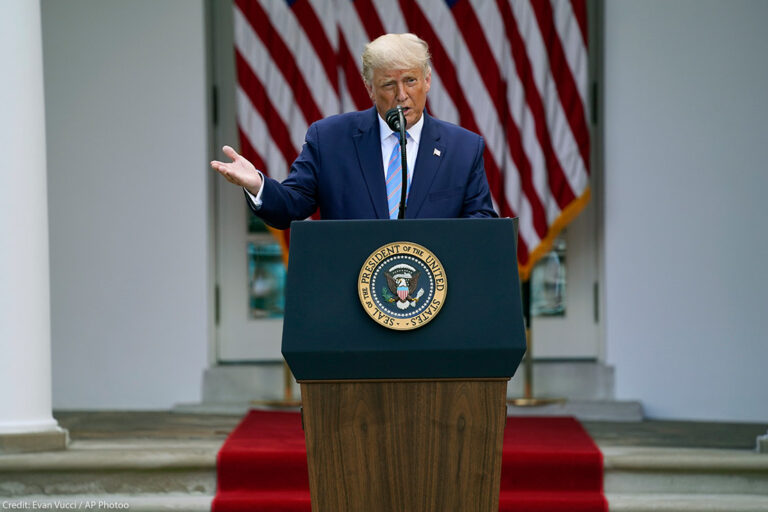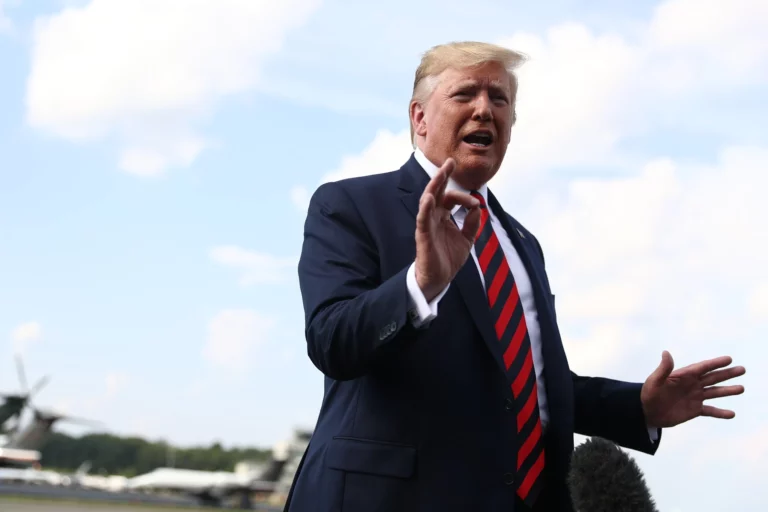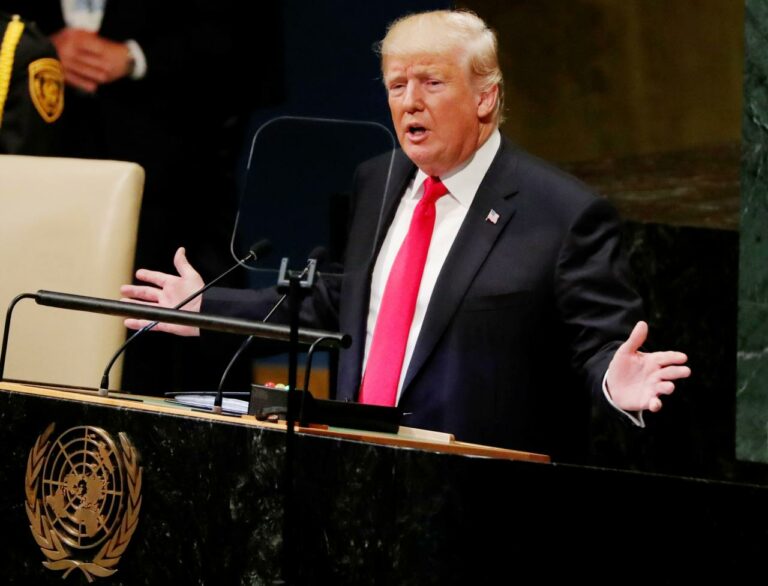The Middle East, a region marred by long-standing conflicts and geopolitical tensions, has witnessed numerous attempts to achieve lasting peace. In this context, the role of Donald Trump in the Middle East peace process has been both significant and contentious. This article delves into the initiatives, successes, challenges, and overall impact of Trump’s engagement in fostering peace in the Middle East.
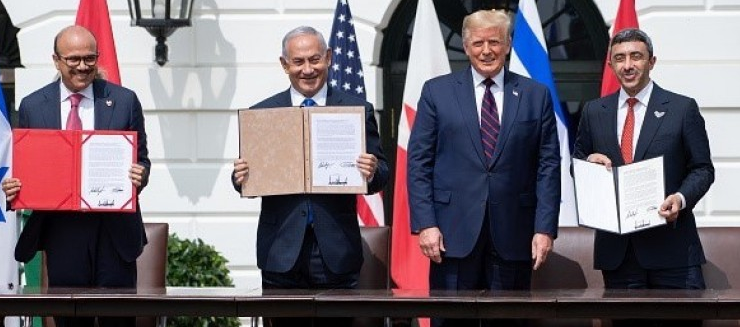
The Abraham Accords: Reimagining Diplomacy
One of the most notable achievements of Trump’s administration was the establishment of the Abraham Accords. These historic agreements aimed to normalize relations between Israel and several Arab nations, including the United Arab Emirates (UAE), Bahrain, Sudan, and Morocco. The Accords marked a departure from traditional diplomatic approaches and emphasized economic cooperation and shared security interests.
Challenges and Criticisms
While the Abraham Accords garnered international acclaim, they also faced criticisms. Some argued that the Accords neglected the Palestinian issue, a longstanding core concern in the Middle East conflict. Critics contended that sidelining the Palestinian question could hinder broader regional stability and lasting peace.
The Israel-Palestine Conflict: Trump’s Approach
Donald Trump’s approach to the Israel-Palestine conflict deviated from his predecessors’.
This stance resonated positively with Israel but drew sharp criticism from Palestinian authorities and other nations supportive of the two-state solution. The Trump administration acknowledged Jerusalem as Israel’s capital, relocating the U.S.
Peaceful Coexistence or Strategic Interests?
The success of the Abraham Accords sparked debates about whether the motivation behind the normalization agreements was genuine interest in peace or shared strategic concerns. Some experts argue that common interests, such as countering Iran’s influence, played a pivotal role in fostering these agreements.
The Iran Factor: Regional Dynamics and Challenges
Trump’s policy toward Iran had a profound impact on Middle East peace dynamics. The withdrawal from the Joint Comprehensive Plan of Action (JCPOA) and the subsequent “maximum pressure” campaign strained relations between the U.S. and Iran. The resultant escalation affected the regional balance and complicated efforts to address the broader conflicts in the Middle East.
Gaza and Humanitarian Concerns
Discussing the Middle East peace process necessitates addressing the situation in Gaza. Trump’s administration reduced funding to UNRWA, the United Nations agency responsible for Palestinian refugees. This move had implications for humanitarian aid and contributed to the complex dynamics surrounding the Israel-Gaza conflict.
Bridging the Gulf: Israel and Arab Nations
The Abraham Accords not only reshaped Israel’s regional relations but also highlighted the evolving dynamics among Gulf Arab states. The normalization agreements sparked optimism about enhanced cooperation on economic, technological, and security fronts.
The Path Forward: Building on Successes
While the Abraham Accords marked a significant breakthrough, lasting peace in the Middle East requires addressing multifaceted challenges. The incoming Biden administration inherited the complex web of relationships and unresolved issues, necessitating a careful approach to sustain the momentum toward peace.
Conclusion: A Complex Legacy
Donald Trump played a role in the Middle East peace process through unprecedented diplomatic initiatives and policy shifts. The Abraham Accords signaled a new era of cooperation between Israel and Arab nations, while also raising concerns about the marginalization of the Palestinian cause. The legacy of Trump’s engagement in the region remains intertwined with the broader geopolitical landscape, as subsequent administrations work to navigate the complexities of the Middle East and pursue lasting peace.
In conclusion, Donald Trump’s involvement in the Middle East peace process marked a significant departure from conventional diplomacy. The Abraham Accords demonstrated the potential for reimagining relationships and fostering cooperation in a historically fraught region. However, the legacy of these efforts is complex. Hence, reflecting both progress and challenges on the path toward sustainable peace in the Middle East.

